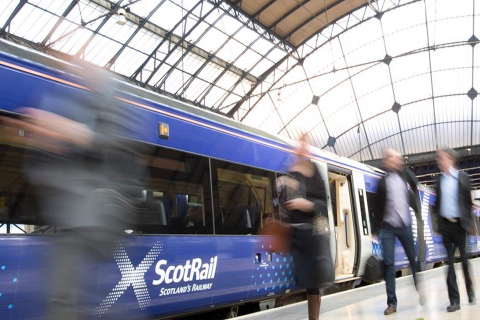UK industry deeply frustrated by Network Rail staff domestic air travel

Railway executives at Network Rail, the government-administered infrastructure agency responsible for operating 20,000 miles of train track across Britain, have come under scrutiny for their astonishing choice to fly rather than take trains for their domestic travel needs. It has long been known that the organisation used domestic flights, but the extent of their use has now been revealed. According to figures released by the organisation, under freedom of information legislation, an exorbitant 10,000 pounds (11,600 euros) per week was spent in 2022 on average, just to fly their staff around the UK.
Want to read more?
You have read all of your free premium articles for this month. Please become a subscriber to keep reading.
Subscribe now!
Take advantage of our exclusive offer to get full access to all premium content.




